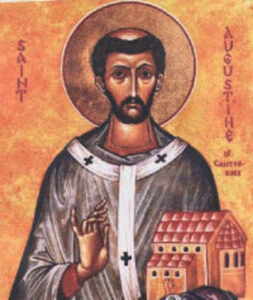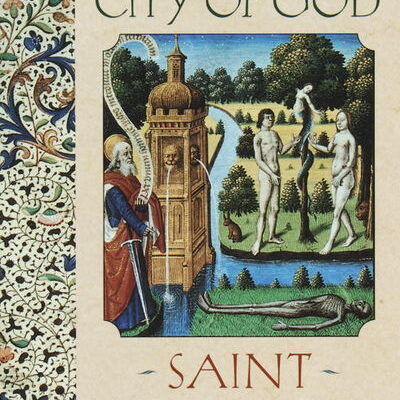So you can see the future, huh?!

Watch our Truth in Two to find out why we say, “Not so fast!” (full text and afterword below).

Subscribe to MarkEckel.com (here). Find the MarkEckel.com YouTube Channel (here). Mark is President of The Comenius Institute (website). Dr. Eckel spends time with Christian young people in public university (1 minute video), teaching at Indiana University Purdue University at Indianapolis, and interprets culture from a Christian vantage point (1 minute video). Consider becoming a Comenius patron (here).
Picture Credit: Luke Renoe, Snappy Goat
“Don’t You Want to be on The Right Side of History!” Such a warning is given to anyone who would dare stand in the way of current cultural narratives. The story being told could be political, sexual, racial, or social. But be assured, whatever the objective, some group thinks they know what is best now, for the future. It would seem that the people who make the claim, have some crystal ball, an ability to see the future based on their own self-designed storyline. The problem is this: the story told now, may not be the right side of history later.
Augustine, the famed African theologian, addressed the historic events of his day and saw the future. The great city of Rome was overthrown by Visigoth armies in A. D. 410. People in Augustine’s day thought they knew what was the so-called “right side of history.” Pagan people had placed their future on the human power of Rome. But they were decidedly on the “wrong side of history.” Augustine reacted to the fall of Rome by writing a masterpiece entitled, The City of God. Augustine responded to history’s meaning in his day. The African theologian made it clear that the fall of Rome was but one battle in the long war that humanity waged against God. The human city, according to Augustine, was a place that hated God and loved its own story, even if their story was wrong.
You want to be on the right side of history? Then understand that being on “the right side of history” is to recognize God’s direction of history; because history is “His Story.” For Truth in Two, this is Dr. Mark Eckel, personally sure that the right side of history is to be on the right side of God’s Story.
AFTERWORD When people claim “You must be on the right side of history” they are thinking about the fourth idea of history: what is history’s meaning, what importance or significance can be attached to the story we wish to tell about the past?
The word “history” needs some explanation. “History” can be one of four ideas: (1) remembrance of events (2) the writing about those events (3) the actual researching of those events or (4) asking the question “What meaning do those events have?”

